|
|
||
|
Pro Tools
FILMFESTIVALS | 24/7 world wide coverageWelcome ! Enjoy the best of both worlds: Film & Festival News, exploring the best of the film festivals community. Launched in 1995, relentlessly connecting films to festivals, documenting and promoting festivals worldwide. Working on an upgrade soon. For collaboration, editorial contributions, or publicity, please send us an email here. User login |
The Global Film Village: CineVegas 2009 by Marla Lewin
Cinevegas is set off the Las Vegas strip at the Palms Hotel and Brenden Theatre complex. Parties were held at the Playboy Club, the Rain Night club, the Venetian and Mandalay Bay Hotels. The festival closed with a street party and Drive-In showing of a 1950's movie "classic" that recently served as the inspiration of Monsters versus Aliens. There is a casino level suite where filmmakers and industry meet for a once a day feed, and a cocktail hour. There has been much said and written about a party held in a gentlemen's club the size of a Costco. Las Vegas is a city of excess,neon and excitement and CineVegas is a product of its enviorment.
Willem Dafoe an admitted to be a Vegas virgin when he spoke with Elvis Mitchell about his career. He had just returned from Cannes where he appeared to support Antichrist the latest controversial film from Lars Van Trier. Elvis reminded Willem he was a boy from a large middle class mid-west American family who wanted to live an interesting life. WiIlem says he loves to work. He is like an ox. He is happiest to be in every scene of a movie, and he loves the physical work of the stage. He has one in New York, the Wooster Theatre, and he remembers that it was his stage performances that first brought him to the attention of Billy Friedkin and Oliver Stone. Most recently Willem had his manager call Lars to see what he was up to, and discovered that he had been in a deep depression. Lars was casting his new movie with two leads and hadn't decided how to go. Elvis commented that WiIlem is always making films with the theme of flirting with danger. Willem said that character is revealed through action. He said he never read the book Last Temptation of Christ, where again he played every scene. Willem felt it was an actor's dream to play a character who was basically unconscious so that both he and the audience experience together how he became aware of what was going on around him. He said working with Scorcese was a dream. Marty gave him things about forgiveness to read in preparation for the role.
He met Dennis Hopper, the president of the CineVegas festival while David Lynch was casting Wild At Heart and they then worked together. That was another out of the system tribal type experience of filmmaking. When Dennis suggested he show a piece of his work, Willem chose his first film Loveless from then first time director Kathleen Bigelow shot in 1982. He has had an impressive carreer and been nominated for two academy awards. We appreciated his sharing his insights about acting with the audience.
Jon Voight also has had an impressive career with many award winning films including Midnight Cowboy and Coming Home for which he received the Academy Award. Jon was humbled, and choose to show a film that he co wrote with writer Al Swartz, who was in the audience. Looking to Get Out was directed by the late Hal Ashby and is rarely seen. Only recently was the original Director's cut found and that was the version we were shown. Jon had just wrapped shooting The Champ, and got energized working with kids. Also starring in Looking to Get Out are Burt Young, and Anne Margaret. Jon's daughter, Angelina had her first role in this film at age 7. Although set in Las Vegas, the casino sets were created in Hollywood by famed production designer Robert Boyle now 99 years old. Camera work was provided by Haskell Wexler. This now classic gem of a film will be released on DVD by the end of the month by Warner Bros. A special program is planned in Los Angeles to coincide with the release.
The festival chose to honor two maverick filmmakers the Kuchar twins who have been making pictures for the last 50 years, and now in their late 60's. They have influenced filmmakers like John Waters, and Chris Coppola. The festival included a excellent new documentary IT CAME FROM KUCHAR that chronicles their lives and provides context for their work. George Kuchar said he has made 200 videos with his students at the San Francisco Art Institute. Michael makes his own films and used to also edit, and do cinematography for known directors in Europe, which gave him an opportunity to travel. European museums seemed to really value their work and their unique style of creating art from their own lives, their students lives and nature.
Monday we saw Palermo Shootings a film we had missed seeing in Cannes, and I loved the visual aspects of the film. It is set in Italy and Germany, and contrasts the commercial and artistic struggles that artists deal with constantly. It reminds us that we are all artists, and we continually make choices as we are busy creating how we live our lives.
Many of us live life half dead, until we have a near death experience, or detect a reflection of love in another's face. I appreciated that Wim Wenders choose two beautiful actors as the leads, and Dennis Hopper was perfect as the voice of Death. He conveyed the passing of time and what we value. He too was once beautiful as a young man, the beauty now in his wise eyes. The female image in art and life is what leads us, as Beatrice led Dante into the underworld.
I remember studying Wim Wenders early films in film school, and being fascinated by his creativity. He shot films in the US, with his European perspective, and then he made Wings of Desire set in his homeland, Germany.
A few years ago in Cannes, I was at the screening of a film he directed from a Sam Shepard script which again for me was very exciting, as I am a Padua Hills playwrite, and Sam started that school. Sam is considered one of the great American voices, and has been revered in England and Ireland. When I was at the British National Film School, I remember all the teachers and students that summer, running out to see Paris, Texas. Sam was considered an icon. So here you have Sam and Wim working together, doing a piece about the Wild West, and was I the only one excited about this in Cannes. It seems to me that Wim was more ambitious with this film, than any of his others, writing and directing, with different locations, using the backdrop of murals and italian artifaces, and myths, along with an existential approach to story, for which there is no exit, other than death.
There was a series of scenes in this film where the female lead, a wonderful young Italian actress and Venice film festival award winner is working to restore an old mural. I have concerns about art crumbling off screen as well. Over the last several years we have seen critics and newspapers disappearing at an alarming rate. We for the sake of our culture must work to uphold structures like newspapers and nurture critics who support art. The internet is a wonderful place but the established critics from the newspapers and magazines are a treasured resource that we can little afford to lose. It is important as well to try not to kill art with the poisoned arrows of opinion. Not many years ago films played for more than a week in theatres and were allowed to find an audience. In today's world they are often poorly advertised because of the costs involved and disappear without a trace. The internet or download services might have a future but if audiences can't find quality new films or build a community of like minded voices it will be very difficult for film to survive as a medium.
And now something about film festivals in general:
There has been much talk lately about film festivals serving to fill the gap between the old and new methods of distribution.
I am not sure if this really fills the void. It just seems to replace one set of gate keepers with another. In many cities there are too many festivals chasing too little quality film and it is hard to rise above the clutter. I often see films win audience awards at festivals, because some friends know how to twitter or text and it sometimes comes down to how many friends one can get to show up at the theatre. We have been at festivals where a majority of the seats were reserved for cast members, friends and family. This means that the true audience doesn't get to vote on the films only a pre-arranged group's vote really counts. This chicanery doesn't end with this category. Too often jury awards end up being the second or third consensus choices because the juries are so divided by personal taste. I remember being at a major world class festival and running into a friend who is a major award winning director who confided he was having a hard time continuing with his jury duties because all of the films were so bad that he was finding it painful to sit through them. He swore he would never subject himself to this experience again. Why do we do it for the same reason everyone attends movies and especially film festivals to take a chance on seeing or discovering a really great film. It comes down to the taste of programmers and critics that we depend upon to filter out the crap and point us towards great film. So be discerning find voices you can trust and stick with them whether they are on the internet, radio, television or print.
And if you really feel adventurous try producing or writing a movie, and working with actors to tell a story, it is hard work. And when it is successful the audience becomes riveted. But not everyone can tell a story and some stories may not be worth telling. The democratization of filmmaking tools means that more people are trying but the quality has not gone up. But when it does work it is miraculous.
See you at the movies.
21.06.2009 | MarlaLewinGFV's blog Cat. : actor actress Al Swartz American film directors Angelina Anne Margaret Antichrist Beatrice Billy Friedkin Brenden Theatre complex Burt Young Cannes Cannes Chris Coppola Cinema of the United States CineVegas CINEVEGAS Costco David Lynch Dennis Hopper Dennis Hopper designer Director Employment Relation Entertainment Entertainment Europe Family Relation Films George Kuchar George Kuchar Germany Hal Ashby Haskell Wexler Human Interest Human Interest Ireland It Came from Kuchar Italy John Waters Jon Voight Jon Voight Jon Voight Kathleen Bigelow Lars van Trier Lars von Trier Las Vegas Los Angeles manager Mandalay Bay Hotels New York Oliver Stone Palms Hotel Paris Person Career Person Communication Person Location Person Travel Playboy Club president Quotation Rain Night club Robert Boyle San Francisco San Francisco Art Institute Social Issues Social Issues Special Awards Technology Technology Texas the Academy Award the CineVegas the CineVegas festival the Kuchars Brothers United Kingdom Venetian Venice film festival award Visual arts Warner Bros. Willem Dafoe Willem Dafoe Wim Wenders writer Hollywood
|
LinksThe Bulletin Board > The Bulletin Board Blog Following News Interview with IFTA Chairman (AFM)
Interview with Cannes Marche du Film Director
Filmfestivals.com dailies live coverage from > Live from India
Useful links for the indies: > Big files transfer
+ SUBSCRIBE to the weekly Newsletter Deals+ Special offers and discounts from filmfestivals.com Selected fun offers
> Bonus Casino
User imagesAbout MarlaLewinGFV Lewin Marla Lewin Marla (Global Film Village)
Marla is a producer, playwright, screenwriter, publicist and now a journalist. She attends 12 to 20 film festivals per year. She has spoken on filmmaking at many festivals including Cannes and SXSW. htttp://www.magiclampreleasing.com http://www.globalfilmvillage.com
View my profile Send me a message The EditorUser contributionsUser links |




















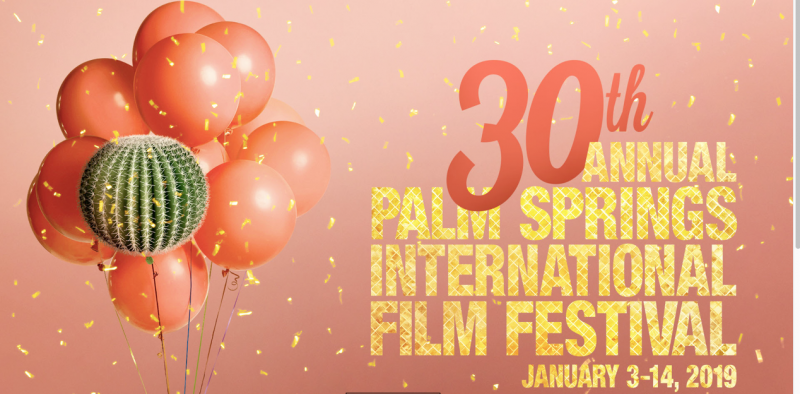
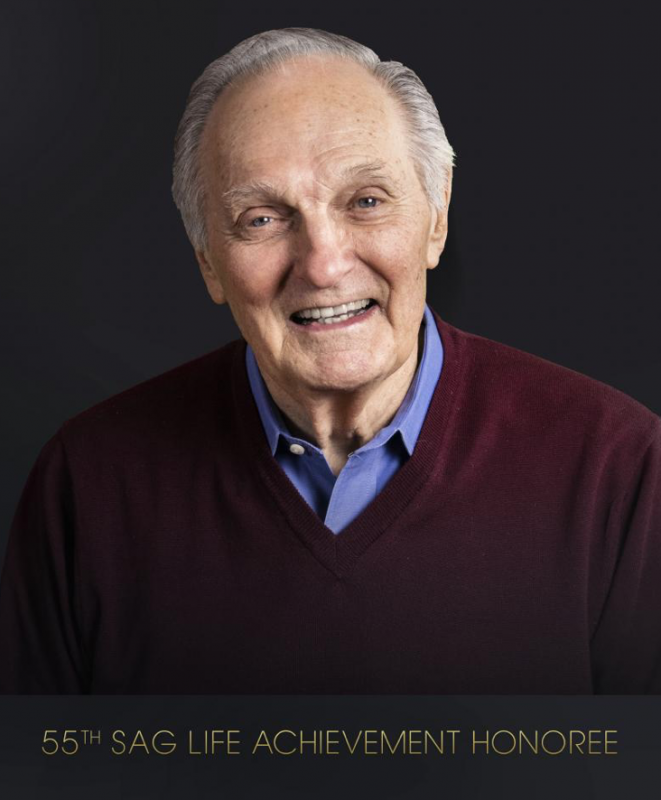
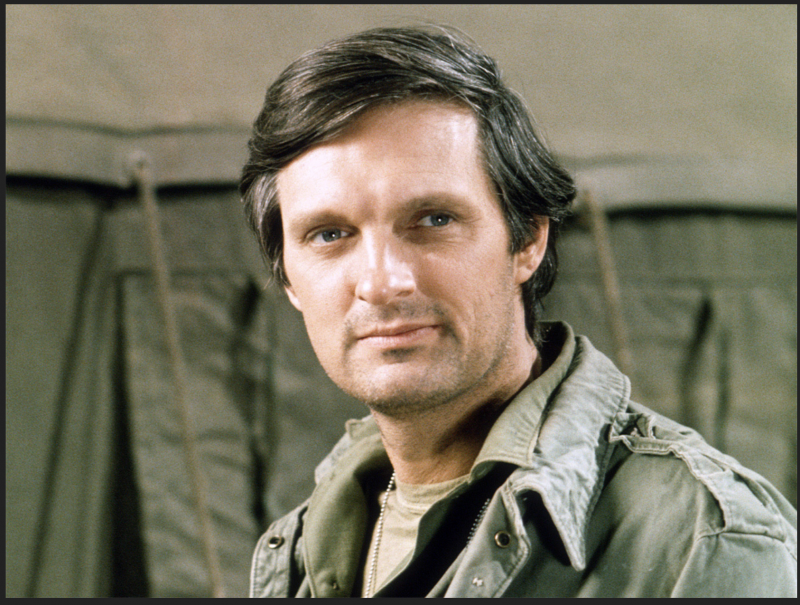
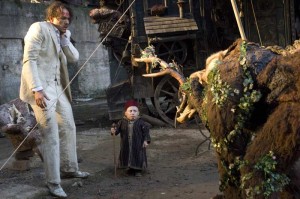
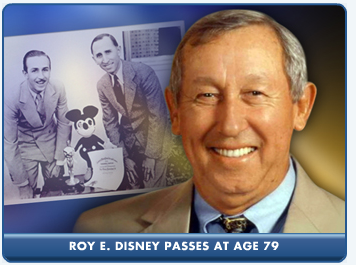
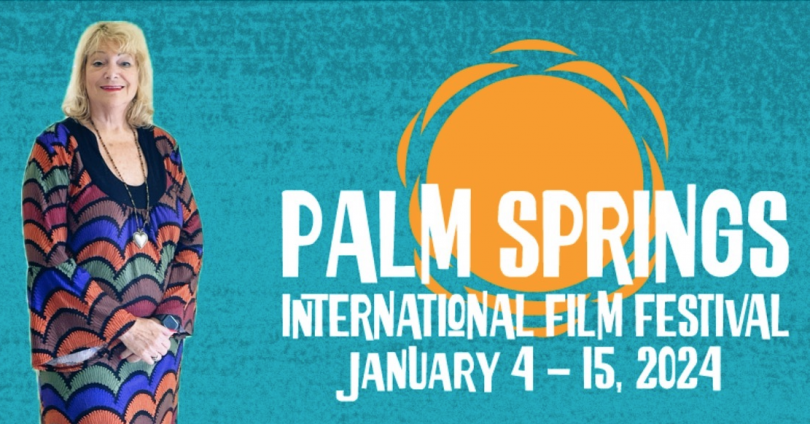




Comments (1)
Also Published on filmfestivals.com
http://www.filmfestivals.com/cgi-bin/shownews.pl?obj=ShowNews&CfgPath=ffs/filinfo&Cfg=news.cfg&news=general&text_id=34099
The editor